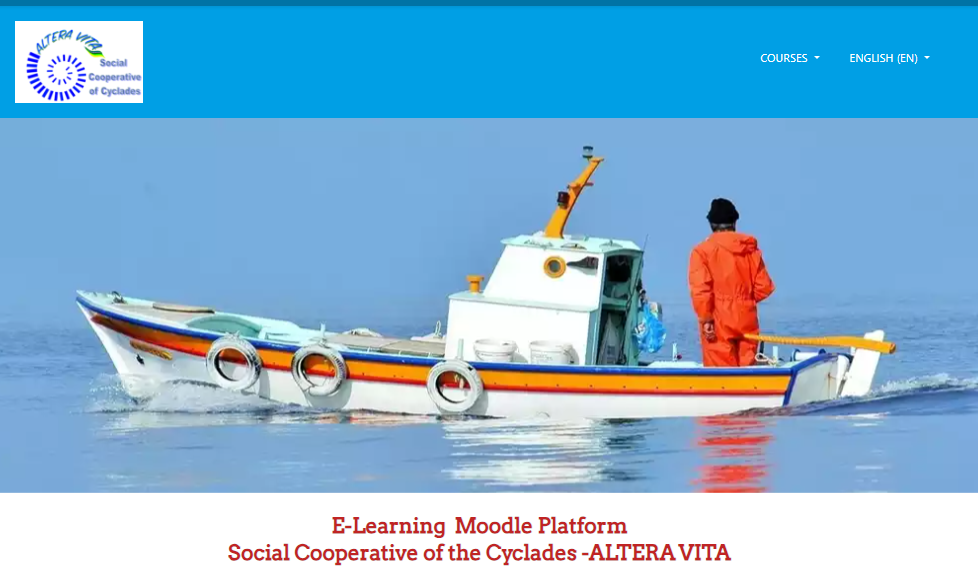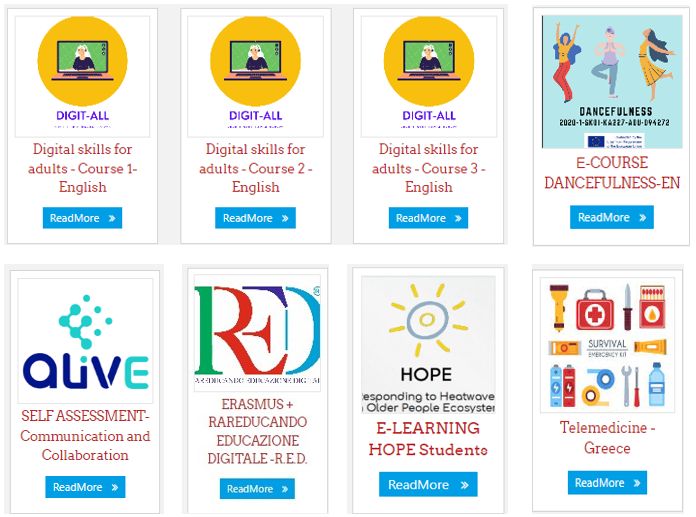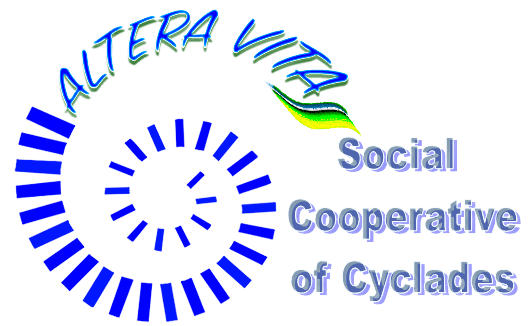Altera Vita e-Learning Platform

Experts with special knowledge, experience and training in their subject offer the opportunity for trainees to follow a flexible program from wherever they are, with only limited internet access.
The alternative education programs became topical due to increasing social and professional changes in areas such as the social economy, Organic Farming, Environment and Sustainable Development, the Arts and Culture, Pedagogy, Psychology, and new technologies, which give the ability to specialize and update knowledge through non-formal ways of training as well as qualitative.
These seminars aim to make use of the new knowledge gained by the participants and their application in their professional, personal and social lives.
Distance learning seminars are for Professionals, unemployed, farmers, kindergartens, teachers, educators, teachers, parents, students, animators, Health Professionals, and Local Government Executives.
The seminars can be attended by all those who have a Windows operating system and are familiar with the basics of using the computer (word processor, web browsing, email).
Participants are divided into groups of 15-20 people. Each group is a virtual, e-class within which learners will work together and with the trainers. Upon completion of each seminar, a certificate of participation is issued.
Our distance learning system is based on the use of the eLearning Moodle platform.
Moodle (Modular Object-Oriented Developmental Learning Environment) is a certified free educational content management software (Course Management System). Moodle is primarily used for asynchronous Distance learning.
ASYNCHRONOUS LEARNING: STUDENT-DIRECTED, SELF-PACED LEARNING
The advantage of this type of learning is that:
- Learning happens at the learner’s convenience
- Learners gain in-depth subject knowledge as they have more time to learn
- Learning is available just in time for instant access to knowledge
- Training reaches all learners, simultaneously
- There is uniform learning across the organization – at no extra cost
Blended learning can also be a blend of:
- Offline and online courses
- Structured and unstructured learning
- Self-paced and collaborative learning
- Customized content and off-the-shelf content
- Work and learning



